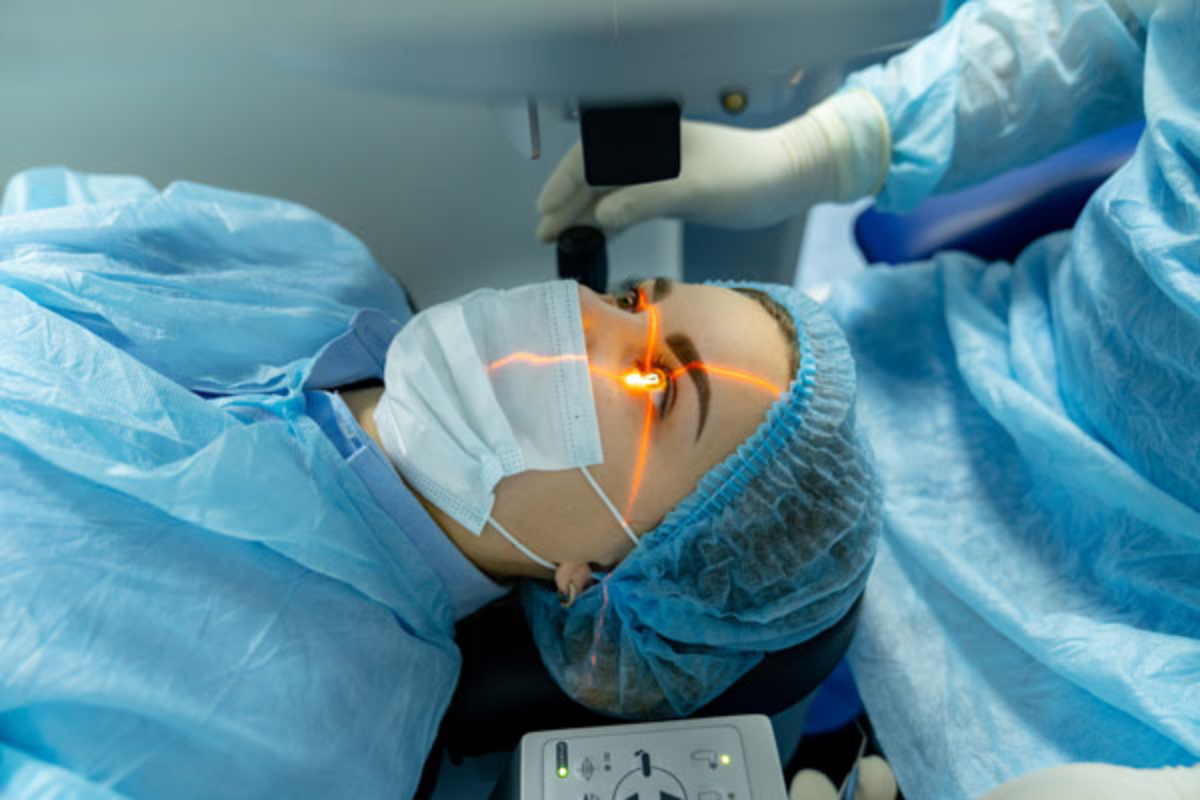KOCHI: Giridhar Eye Institute has become the first eye hospital in the state of Kerala to offer tooth-in-eye surgery, a complex medical procedure that can restore vision in patients with the most severe cases of corneal and ocular blindness.
The surgery, known as Modified Osteo-odonto-keratoprosthesis (MOOKP), involves fixing a synthetic lens (optic cylinder) into a tooth harvested from the patient and transplanting it onto the eye.
“We have successfully performed the procedure on a patient,” said Dr. A. Giridhar, Medical Director of Giridhar Eye Institute. “We have a well-equipped ophthalmology operation theatre with machines and instruments specific for MOOKP to carry out the complex surgery.”
The MOOKP team at Giridhar Eye Institute includes cornea specialists, oculoplastic surgeons, glaucoma and retina specialists, orthodontists, and an anaesthesia team.
ALSO READ: Medical fraternity in Kerala scrambles to demystify ‘index’ Nipah cases
“MOOKP is a complicated surgical procedure that is performed in three stages spread over a period of 6-9 months,” explained Dr. Vinay.S. Pillai, Chief Cornea Surgeon at Giridhar Eye Institute. “The first two stages of surgery take at least 6-8 hours.”
In patients undergoing MOOKP, the external surface of the eye is completely destroyed and has lost its normal structure. The procedure involves restoring the external eye anatomy and structure.
“For this purpose, one of the patient’s teeth acts as a carrier for the lens (optic cylinder) and this lens is implanted in the eye,” said Dr. Pillai. “Subsequently, the buccal mucosa, which is the inner lining of the mouth, is removed and placed over it. By this process, we are creating an optically clear central area through which the patient can see.”
Dr. Pillai noted that in patients undergoing MOOKP, the nerve inside the eye may not be damaged. The surface of the eye is completely damaged, and the complicated surgery restructures the surface.
“Support from the anesthesia team led by Dr. Pushpa Susan Issac and oral surgeons Dr. Vidya Parameswaran of Veda Dental Clinic and Dr. Mathew James, Maxillofacial Surgeon, is critical for the successful outcome of MOOKP surgery,” said Dr. Pillai.
Dr. Pillai commented on the procedure’s success rate, noting that any synthetic/artificial material implanted in the body carries the risk of getting expelled/extruded. However, MOOKP has stood the test of time with an excellent survival rate.
In patients not suitable for MOOKP due to damaged/diseased teeth or conditions that make such long, complex surgery under anesthesia risky, synthetic implants like Boston Type 2 Keratoprosthesis are an option.
Dr. Mahesh. G, Senior Consultant and HOD Vitreo Retina at Giridhar Eye Institute, said that the MOOKP program anywhere has to be run as a ‘not-for-profit’ initiative with sufficient social and organisational support and aid.
ALSO READ: Over 100 people to be quarantined for Nipah, Kerala under threat
“The actual beneficiaries of the MOOKP program are young adults at the prime of their life who become blind in both eyes due to conditions like Stevens-Johnson Syndrome (SJS), chemical injuries, etc. After surviving the acute phase, which results in blindness in both eyes, the only hope for restoring vision is MOOKP. The majority of these people are in the lower socioeconomic group,” said Dr. Mahesh.

